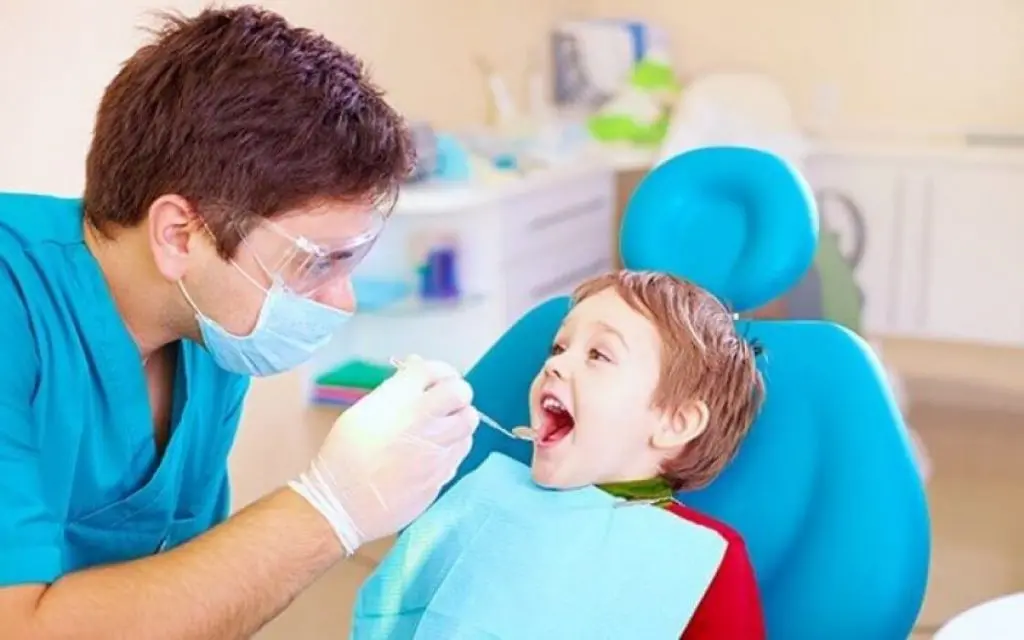- Home
- Medical news & Guidelines
- Anesthesiology
- Cardiology and CTVS
- Critical Care
- Dentistry
- Dermatology
- Diabetes and Endocrinology
- ENT
- Gastroenterology
- Medicine
- Nephrology
- Neurology
- Obstretics-Gynaecology
- Oncology
- Ophthalmology
- Orthopaedics
- Pediatrics-Neonatology
- Psychiatry
- Pulmonology
- Radiology
- Surgery
- Urology
- Laboratory Medicine
- Diet
- Nursing
- Paramedical
- Physiotherapy
- Health news
- Fact Check
- Bone Health Fact Check
- Brain Health Fact Check
- Cancer Related Fact Check
- Child Care Fact Check
- Dental and oral health fact check
- Diabetes and metabolic health fact check
- Diet and Nutrition Fact Check
- Eye and ENT Care Fact Check
- Fitness fact check
- Gut health fact check
- Heart health fact check
- Kidney health fact check
- Medical education fact check
- Men's health fact check
- Respiratory fact check
- Skin and hair care fact check
- Vaccine and Immunization fact check
- Women's health fact check
- AYUSH
- State News
- Andaman and Nicobar Islands
- Andhra Pradesh
- Arunachal Pradesh
- Assam
- Bihar
- Chandigarh
- Chattisgarh
- Dadra and Nagar Haveli
- Daman and Diu
- Delhi
- Goa
- Gujarat
- Haryana
- Himachal Pradesh
- Jammu & Kashmir
- Jharkhand
- Karnataka
- Kerala
- Ladakh
- Lakshadweep
- Madhya Pradesh
- Maharashtra
- Manipur
- Meghalaya
- Mizoram
- Nagaland
- Odisha
- Puducherry
- Punjab
- Rajasthan
- Sikkim
- Tamil Nadu
- Telangana
- Tripura
- Uttar Pradesh
- Uttrakhand
- West Bengal
- Medical Education
- Industry
Kids from minority ethnic groups with socioeconomic deprivation may require dental treatment under GA

Several patient-related factors may increase the likelihood of dental treatment under general anaesthetic according to a new study.Further it was found that children from minority ethnic groups and areas of increased socioeconomic deprivation were significantly overrepresented in requiring treatment under general anaesthetic. Also children requiring treatment under general anaesthetic had significantly lower levels of self-reported English and significantly higher levels of non-English languages at home compared to the background population.
The study has been published in the British Dental Journal.
A general anaesthetic is given to surgery patients and some dental patients to induce an unconscious state, making procedures painless and much easier for the surgeon or dentist to carry out. These effects can last from half an hour to half a day or more.
The aims were to determine the profile of patients referred for treatment with a dental general anaesthetic (DGA) and identify patient-related factors that contributed to a child requiring a DGA.
In total, 42 patients were recruited from new patient assessment clinics at the Edinburgh Dental Institute, Scotland. Prospective questionnaires were given to the patients' caregivers with questions regarding their child's dental anxiety level, ethnicity, level of English spoken and languages spoken at home. Height and weight (BMI) measurements were taken and other information (age, sex, medical history status and postcode for level of social deprivation) were collected from their medical records.
Results of this study are
- Compared to the local population, children referred for treatment with DGA had a significantly decreased level of English (p = 0.0001) with an increase in non-English languages at home (p = 0.0004).
- Patients from minority ethnic groups (p = 0.008) and children from socially deprived areas (p = 0.0001) were significantly overrepresented.
- Self-reported dental anxiety was high and more common in primary than secondary school-aged children (p = 0.039).
This study highlighted several patient-related variables that may increase the likelihood of DGA treatment. Further work is required to confirm these associations and develop interventions to reduce the number of children requiring DGAs.
Reference:
Hua, L., Busuttil-Naudi, A. & Keightley, A. Do paediatric patient-related factors affect the need for a dental general anaesthetic?. Br Dent J 233, 407–412 (2022).
https://doi.org/10.1038/s41415-022-4922-2
Dr. Shravani Dali has completed her BDS from Pravara institute of medical sciences, loni. Following which she extensively worked in the healthcare sector for 2+ years. She has been actively involved in writing blogs in field of health and wellness. Currently she is pursuing her Masters of public health-health administration from Tata institute of social sciences. She can be contacted at editorial@medicaldialogues.in.
Dr Kamal Kant Kohli-MBBS, DTCD- a chest specialist with more than 30 years of practice and a flair for writing clinical articles, Dr Kamal Kant Kohli joined Medical Dialogues as a Chief Editor of Medical News. Besides writing articles, as an editor, he proofreads and verifies all the medical content published on Medical Dialogues including those coming from journals, studies,medical conferences,guidelines etc. Email: drkohli@medicaldialogues.in. Contact no. 011-43720751


